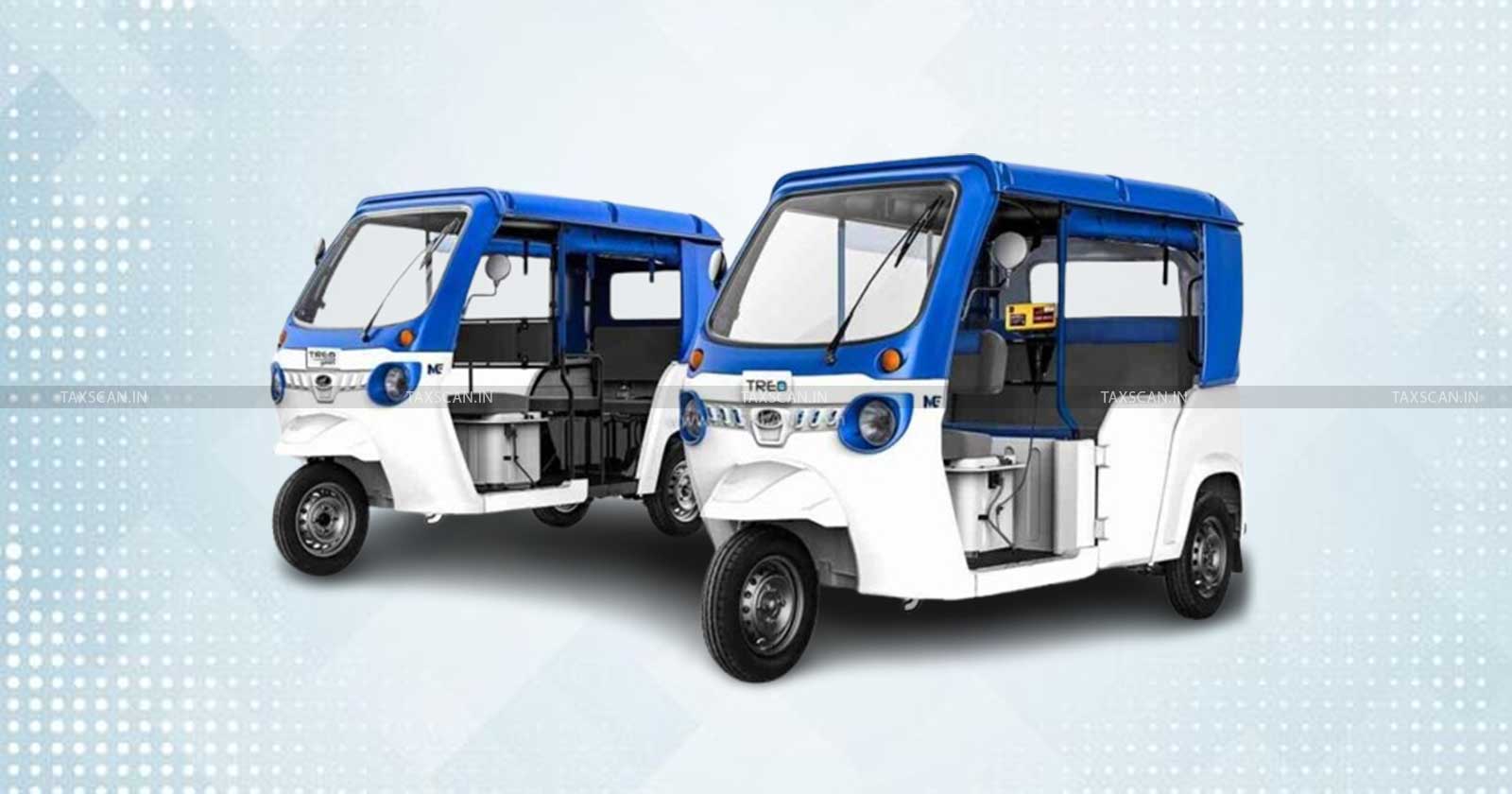Relief for Suzuki: CESTAT Rules Excess Transit Insurance Charges Collected Excluded from Assessable Value, Not Liable to Excise Duty [Read Order]
CESTAT held that excess transit insurance charges collected by Suzuki from dealers are not includible in assessable value and not liable to excise duty
![Relief for Suzuki: CESTAT Rules Excess Transit Insurance Charges Collected Excluded from Assessable Value, Not Liable to Excise Duty [Read Order] Relief for Suzuki: CESTAT Rules Excess Transit Insurance Charges Collected Excluded from Assessable Value, Not Liable to Excise Duty [Read Order]](https://images.taxscan.in/h-upload/2025/08/08/2074436-relief-for-suzuki-cestat-cestat-rules-taxscan.webp)
The Chandigarh Bench of the Customs, Excise, and Service Tax Appellate Tribunal (CESTAT) ruled that excess transit insurance charges collected by Suzuki Motorcycle India Pvt. Ltd. from its dealers are not includible in the assessable value of goods and are not dutiable under excise law.
Suzuki Motorcycle India Pvt. Ltd., the respondent, is engaged in the manufacture of motorcycles, scooters, and their parts. The respondent availed the facility of CENVAT credit under the CENVAT Credit Rules, 2004.
During an audit for the years 2009-10 to 2013-14, the department found that Suzuki was collecting transit insurance charges from dealers but not including them in the assessable value.
 Also Read:“Enormous Push to Environmentally Safer and Friendly Vehicles”: Delhi HC reduces CESTAT Pre-Deposit to ₹5.5 Lakh on E-Rickshaw Import Classification [Read Order]
Also Read:“Enormous Push to Environmentally Safer and Friendly Vehicles”: Delhi HC reduces CESTAT Pre-Deposit to ₹5.5 Lakh on E-Rickshaw Import Classification [Read Order]
Understanding Common Mode of Tax Evasion with Practical Scenarios, Click Here
The department argued that the insurance charges formed part of the consideration for sale and excise duty was payable on the full amount, including the excess insurance. Multiple show cause notices were issued, and the Commissioner of Central Excise dropped all proceedings through an Order-in-Original dated January 27, 2016.
The revenue filed an appeal before the CESTAT, arguing that the order passed by the Commissioner was not sustainable. They argued that the excess transit insurance collected from the dealers should be included in the assessable value under Rule 5 and Rule 6 of the Central Excise Valuation Rules, 2000. The revenue counsel submitted that these charges were part of the consideration for sale and were directly linked to the value of the goods sold.
The respondent's counsel defended the Commissioner’s order and argued that the sale of goods took place at the factory gate, and the title and risk passed to the dealers at that point. They argued that the transit insurance was arranged separately at the request of the dealers and had no connection with the manufacture or sale of the goods.
 Also Read:Alleged DFIA Authorization Misuse for Textile Imports: CESTAT remands Matter considering conflict with test report of CRCL with Textile Committee [Read Order]
Also Read:Alleged DFIA Authorization Misuse for Textile Imports: CESTAT remands Matter considering conflict with test report of CRCL with Textile Committee [Read Order]
Understanding Common Mode of Tax Evasion with Practical Scenarios, Click Here
The two-member bench comprising S.S. Garg (Judicial Member) and P. Anjani Kumar (Technical Member) observed that as per the dealership agreement, the goods were sold at the factory gate, and the dealers were responsible for taking delivery and arranging transportation. The tribunal observed that the title and risk in the goods passed at the factory gate, and the insurance charges collected later were not related to the sale or manufacture of the goods.
The tribunal explained that under Section 4(1)(a) of the Central Excise Act, the assessable value of excisable goods is the transaction value at the place and time of removal. The tribunal explained that the place of removal was the factory gate, and the insurance charges collected after that point could not be included in the assessable value. The tribunal further observed that these charges were like profit and had no nexus with manufacturing activity.
The tribunal pointed out that the excess transit insurance collected from dealers had no legal basis for inclusion in the assessable value, and excise duty was not payable on it. The appeal filed by the revenue was dismissed.
Support our journalism by subscribing to Taxscan premium. Follow us on Telegram for quick updates


